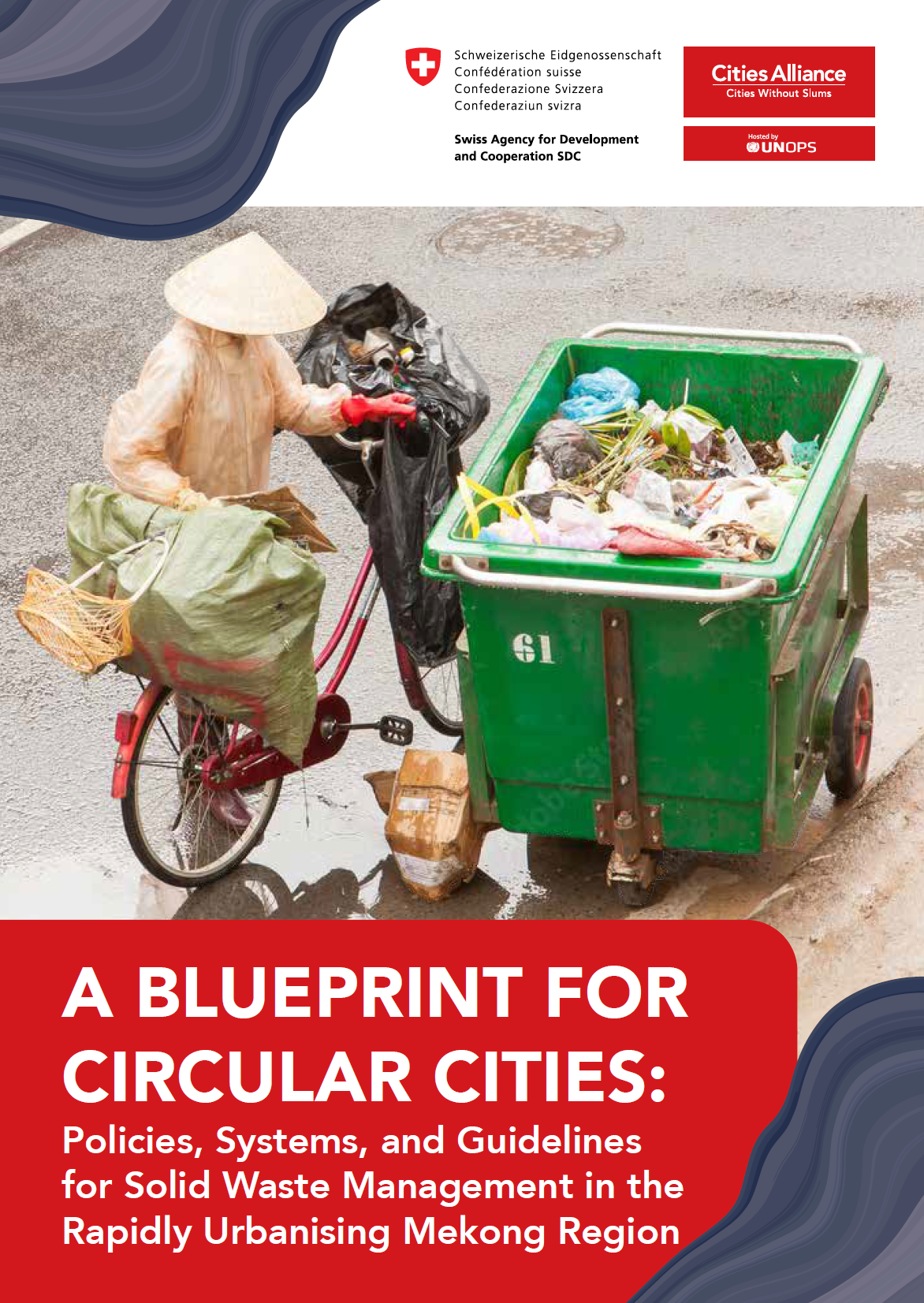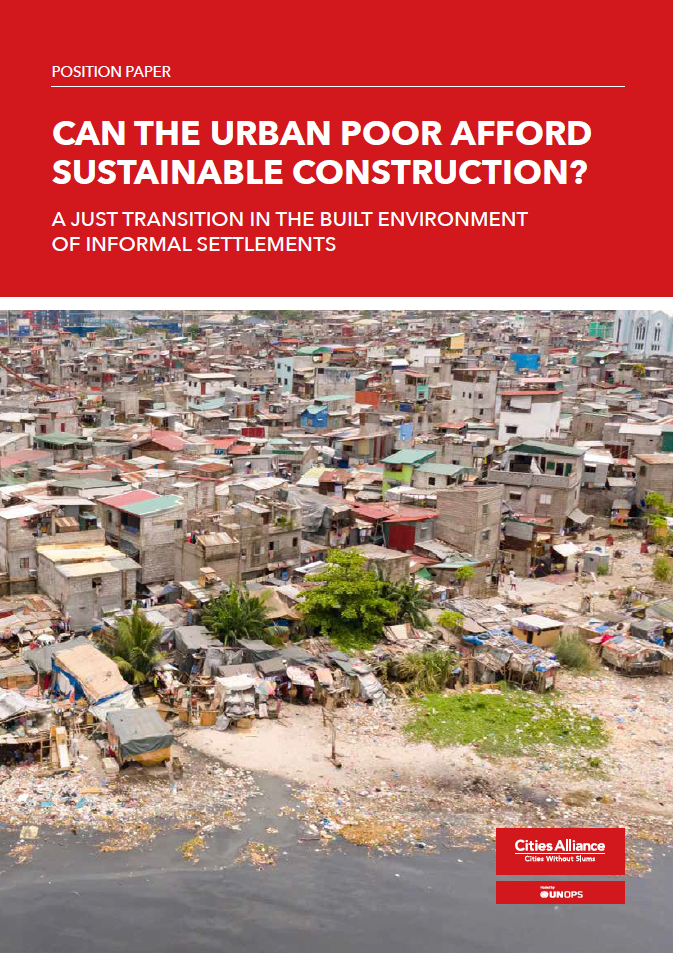- Who We Are
- How We Work
- Regional / Country Initiatives
- Legacy
- Core Themes
- Working Groups
- Portfolio & Results
- Newsroom
- Resources
Gender Mainstreaming in Projects

Socially constructed roles and responsibilities assigned to women and men, girls and boys have direct and indirect impacts on how they experience cities. Inherent social and structural constraints and inequities arising from cultural norms, legislation and policy frequently lead to gender disparities and the unequal access to and control over assets and resources, resulting in fewer social and economic opportunities for women.
Understanding the different needs of women and men, girls and boys and the different impacts that social, environmental, political or economic interventions may have on each group is crucial to creating inclusive, safe and sustainable cities, as well as to empowering women and vulnerable groups.
Gender mainstreaming provides project teams with an approach to understand the gender differences in play in the area of intervention and to tailor activities to harness social and economic opportunities and inclusion for women and vulnerable groups.
To ensure that projects effectively recognize gender perspectives and promote women’s empowerment, gender considerations have to be mainstreamed throughout the project, starting at the design and planning stage and ending with the closure stage.
This handout was prepared jointly by the Innovation and Cities for Women programmes to support community-based organizations, NGOs and project managers in general to mainstream gender in each step of a project.


